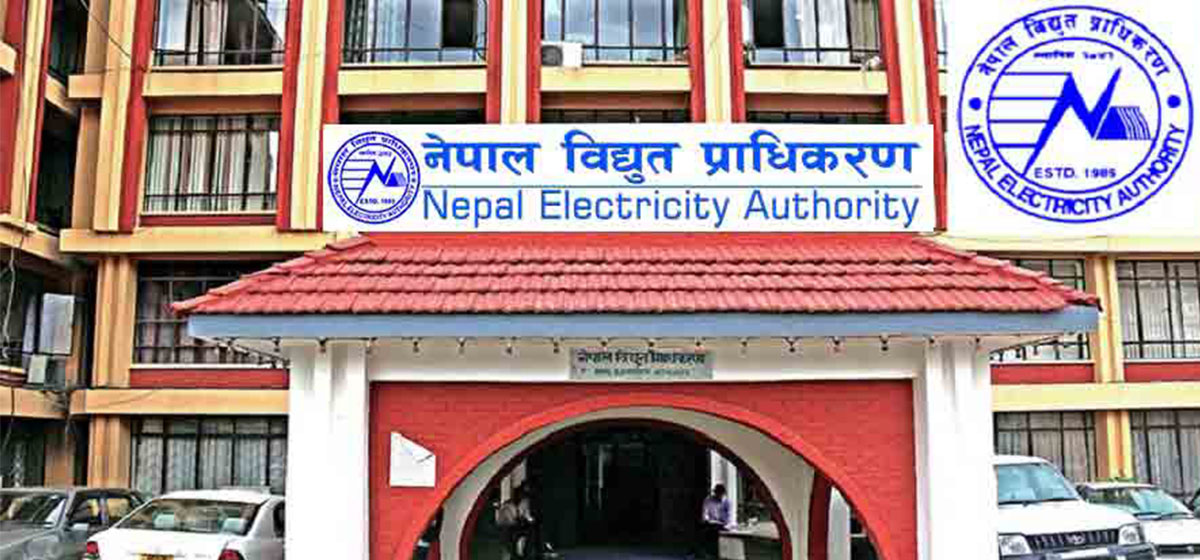KATHMANDU, April 9: Nepal Electricity Authority (NEA) Managing Director Kulman Ghising on Monday said that certain forces, which forced people to live without electricity for as long as 16 hours a day for over a decade, were trying to weaken him.
Organizing a press meet in Kathmandu, Ghising, who has received accolades from all quarters for eliminating load-shedding in 2016, said he was feeling insecure at work because of these forces. "We are dedicated toward effective service delivery. We are active round the clock. But some people are spreading rumors against us," Ghising said.
The NEA was suffering a loss of around Rs 9 billion a year when Ghising assumed office in 2016. It was under Ghising's able leadership that the loss-making power utility made a remarkable turnaround in its fortune, logging profit in Fiscal Year 2017/18.
Frequent power cuts at present is not due to electricity export...

Ghising neither elaborated on rumors against him, nor divulged details of the forces behind such rumors. Sources at NEA, however, said Ghising was referring to 'planted' news reports and campaigns against him in social media.
Meanwhile, NEA has said that it was positive about revise tariff of electricity supplied through dedicated feeders. Issuing a statement, NEA said that tariff revision is necessary as all power supply is dedicated now.
This is the second time that Ghising organized a press meet to tell media persons about the campaign to weaken him. In 2017, he choked during the press meet after he was accused of irregularities in while trying to import energy-efficient LED bulbs for managing effective power supply.
The plan to distribute energy-efficient LED bulbs to consumers was dropped later on after the procurement process fell into controversy.
Distributors of inverters and generator were reportedly against the plan to import cheaper but efficient LED bulbs from the Government of India to reduce electricity consumption. NEA had planned to supply the bulbs at Rs 150 per unit which was far lower than the market price which hovered around Rs 400 per unit.
NEA had said at that time that use of LED bulbs would reduce household power consumption by about 100 MW.


































